THE FREEDMEN’S BUREAU’S SUCCESSES AND FAILURES
The Freedmen’s Bureau was organized into districts covering the 11 former rebel states, the border states of Maryland, Kentucky and West Virginia and Washington, D.C. Each district was headed by an assistant commissioner. The bureau’s achievements varied from one location to another and from one agent to the next. Over its course of existence, the bureau was underfunded and understaffed, with just 900 agents at its peak. Bureau agents, who acted essentially as social workers and were frequently the only federal representatives in Southern communities, were subjected to ridicule and violence from whites (including terror organizations such as the Ku Klux Klan) who viewed the agents as interfering in local affairs by trying to assist blacks. While some agents were corrupt or incompetent, others were hardworking and brave and made significant contributions.
During its years of operation, the Freedmen’s Bureau fed millions of people, built hospitals and provided medical aid, negotiated labor contracts for ex-slaves and settled labor disputes. It also helped former slaves legalize marriages and locate lost relatives, and assisted black veterans. The bureau also was instrumental in building thousands of schools for blacks, and helped to found such colleges as Howard University in Washington, D.C., Fisk University in Nashville, Tennessee, and Hampton University in Hampton, Virginia. The bureau frequently worked in conjunction with the American Missionary Association and other private charity organizations.
Additionally, the bureau tried, with little success, to promote land redistribution. However, most of the confiscated or abandoned Confederate land was eventually restored to the original owners, so there was little opportunity for black land ownership, which was seen as a means to success in society.
THE FREEDMEN’S BUREAU’S DEMISE
In the summer of 1872, Congress, responding in part to pressure from white Southerners, dismantled the Freedmen’s Bureau. Since that time, historians have debated the agency’s effectiveness. A lack of funding, coupled with the politics of race and Reconstruction, meant that the bureau was not able to carry out all of its initiatives, and it failed to provide long-term protection for blacks or ensure any real measure of racial equality. However, the bureau’s efforts did signal the introduction of the federal government into issues of social welfare and labor relations. As noted in “The Freedmen’s Bureau and Reconstruction,” “The Bureau helped awaken Americans to the promise of freedom, and for a time, the Bureau’s physical presence in the South made palpable to many citizens the abstract principles of equal access to the law and free labor.”
Read More @http://www.history.com/topics/black-history/freedmens-bureau





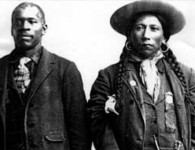
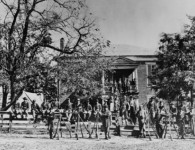
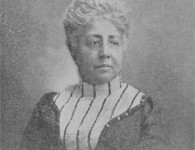
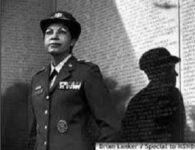
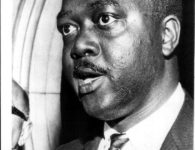

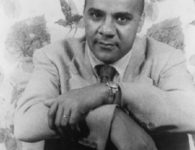



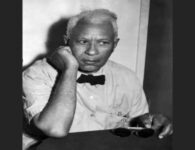


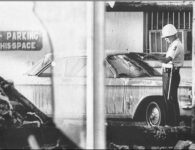

5 Comments
This design is steller! You certainly know how to keep a
reader amused. Between your wit and your videos, I
was almost moved to start my own blog (well,
almost…HaHa!) Great job. I really enjoyed what you had to
say, and more than that, how you presented it. Too cool!
I know this if off topic but I’m looking into starting my own blog and was curious what all is needed to get setup?
I’m assuming having a blog like yours would cost a pretty penny?
I’m not very internet savvy so I’m not 100% sure. Any suggestions
or advice would be greatly appreciated. Kudos
Hello, I think your blog might be having browser compatibility issues.
When I look at your website in Opera, it looks fine but when opening in Internet
Explorer, it has some overlapping. I just wanted to give you a quick heads up!
Other then that, awesome blog!
Hello mates, how is the whole thing, and what you want to say concerning this article, in my view its truly awesome in favor of me.
My brother recommended I might like this web site.
He was totally right. This post truly made my day.
You can not imagine just how much time I
had spent for this info! Thanks!